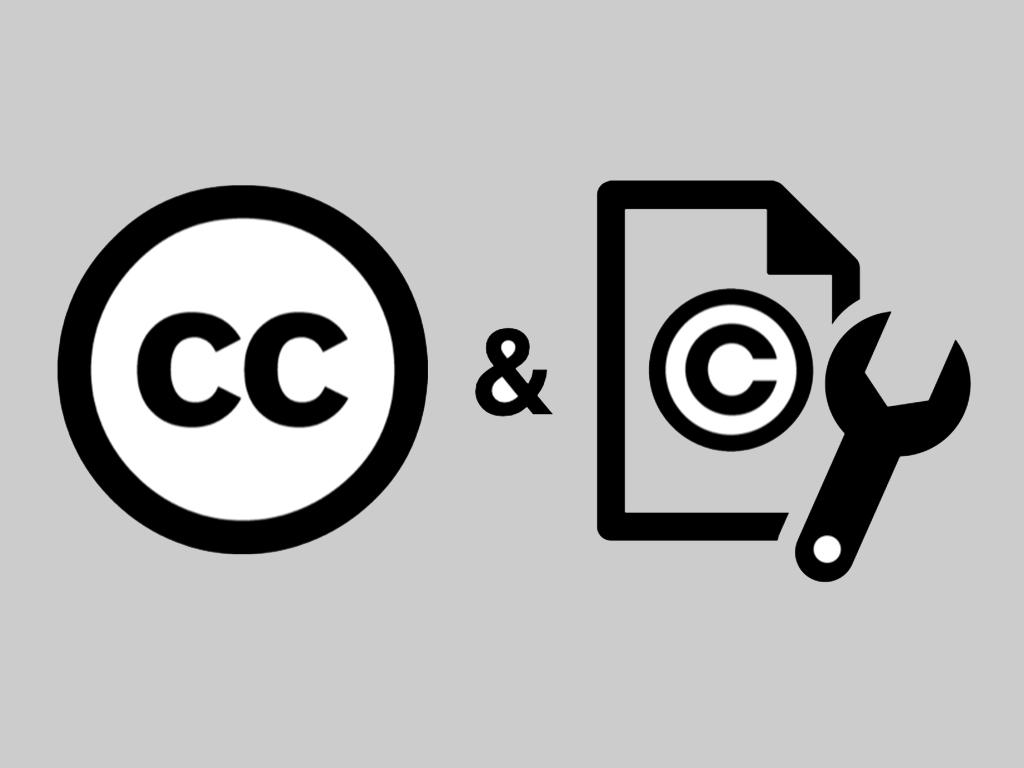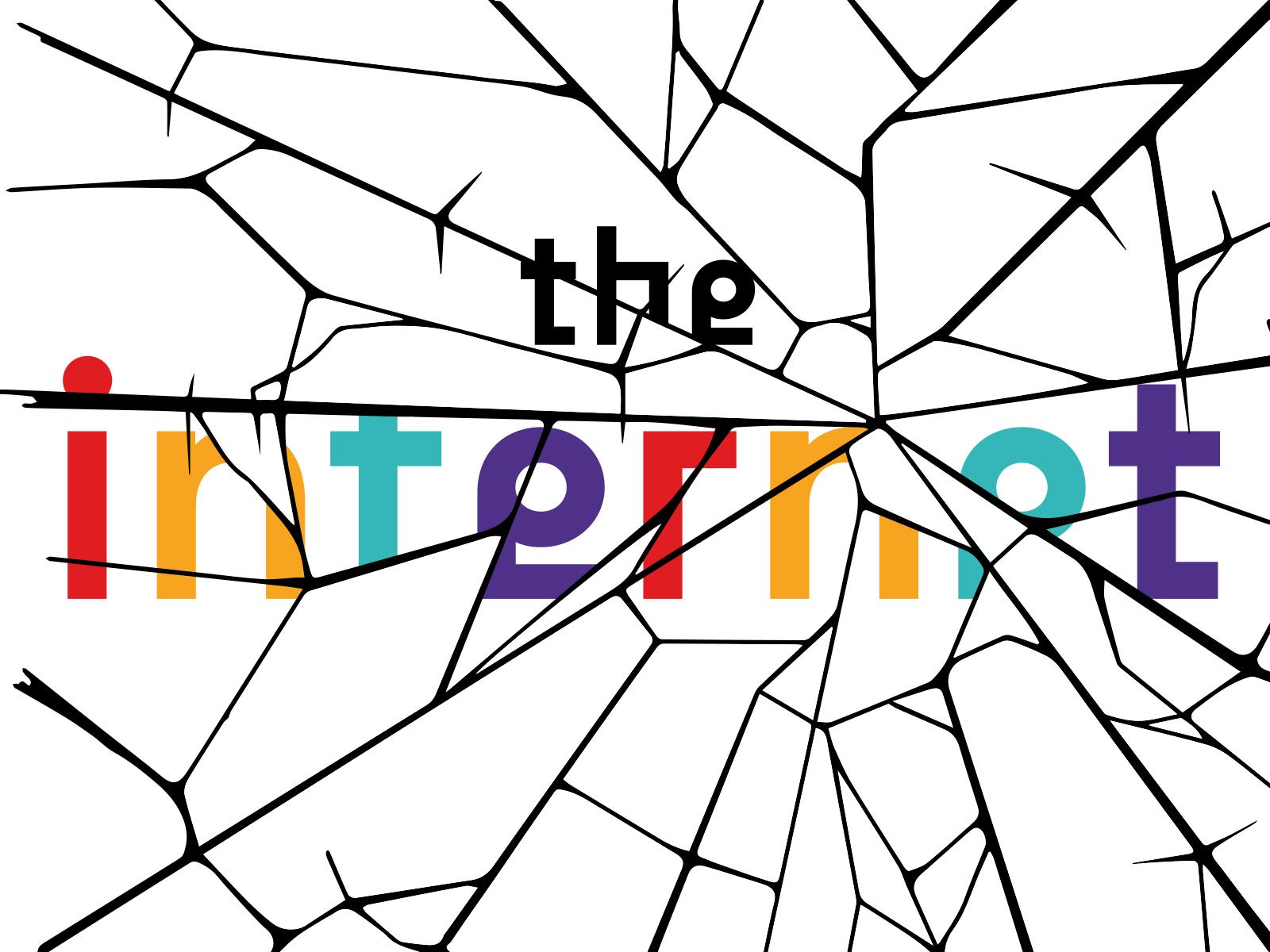In het afgelopen jaar heeft Creative Commons Nederland zich samen met andere Creative Commons affiliates uit onder meer Polen en Australië sterk gemaakt voor een modernisering van het auteursrecht. Nu er in steeds meer landen (waaronder Nederland) serieus over modernisering van het auteursrecht gediscussieerd wordt, rijst de vraag naar een heldere positionering van Creative Commons. Tot nu toe heeft Creative Commons zich bewust onpolitiek opgesteld om te voorkomen dat de rol van neutrale aanbieder van CC-licenties in het gedrang komt.
Naar aanleiding van deze discussie heeft Creative Commons een policy statement gepubliceerd waarin de organisatie aangeeft dat zij pogingen om het auteursrecht te moderniseren ondersteunt:
“Creative Commons (CC) has enabled a new approach to copyright licensing over the last ten years. CC licenses facilitate novel social, educational, technological, and business practices, and support productive relationships around networked knowledge and culture.
We are dedicated stewards of our licenses and tools, and we educate users, institutions, and policymakers about the positive benefits of adopting CC licenses. Our licenses will always provide voluntary options for creators who wish to share their material on more open terms than current copyright systems allow. But the CC vision—universal access to research and education and full participation in culture—will not be realized through licensing alone.
Around the world, numerous national governments are reviewing or revising their copyright law. Some proposed revisions would broaden the scope of uses of copyrighted works permitted without the rightsholder’s permission. In response it has been suggested that the very success of CC licenses means that copyright reform is unnecessary—that the licenses solve any problems for users that might otherwise exist. This is certainly not the case. CC licenses are a patch, not a fix, for the problems of the copyright system. They apply only to works whose creators make a conscious decision to affirmatively license the right for the public to exercise exclusive rights that the law automatically grants to them. The success of open licensing demonstrates the benefits that sharing and remixing can bring to individuals and society as a whole. However, CC operates within the frame of copyright law, and as a practical matter, only a small fraction of copyrighted works will ever be covered by our licenses.
Our experience has reinforced our belief that to ensure the maximum benefits to both culture and the economy in this digital age, the scope and shape of copyright law need to be reviewed. However well-crafted a public licensing model may be, it can never fully achieve what a change in the law would do, which means that law reform remains a pressing topic. The public would benefit from more extensive rights to use the full body of human culture and knowledge for the public benefit. CC licenses are not a substitute for users’ rights, and CC supports ongoing efforts to reform copyright law to strengthen users’ rights and expand the public domain.”
Creative Commons Nederland is blij met dit policy statement van Creative Commons. Ondanks het succesvolle werk van Creative Commons in de afgelopen 10 jaar, groeit de noodzaak om het auteursrecht te moderniseren gestaag: het creëren van meer ruimte voor niet-commerciële makers, het verruimen van de auteursrechtelijke kaders voor erfgoedinstellingen en het introduceren van meer flexibiliteit om technologische en sociale innovatie te bevorderen, vereist een aanpassing van de wettelijke kaders.


